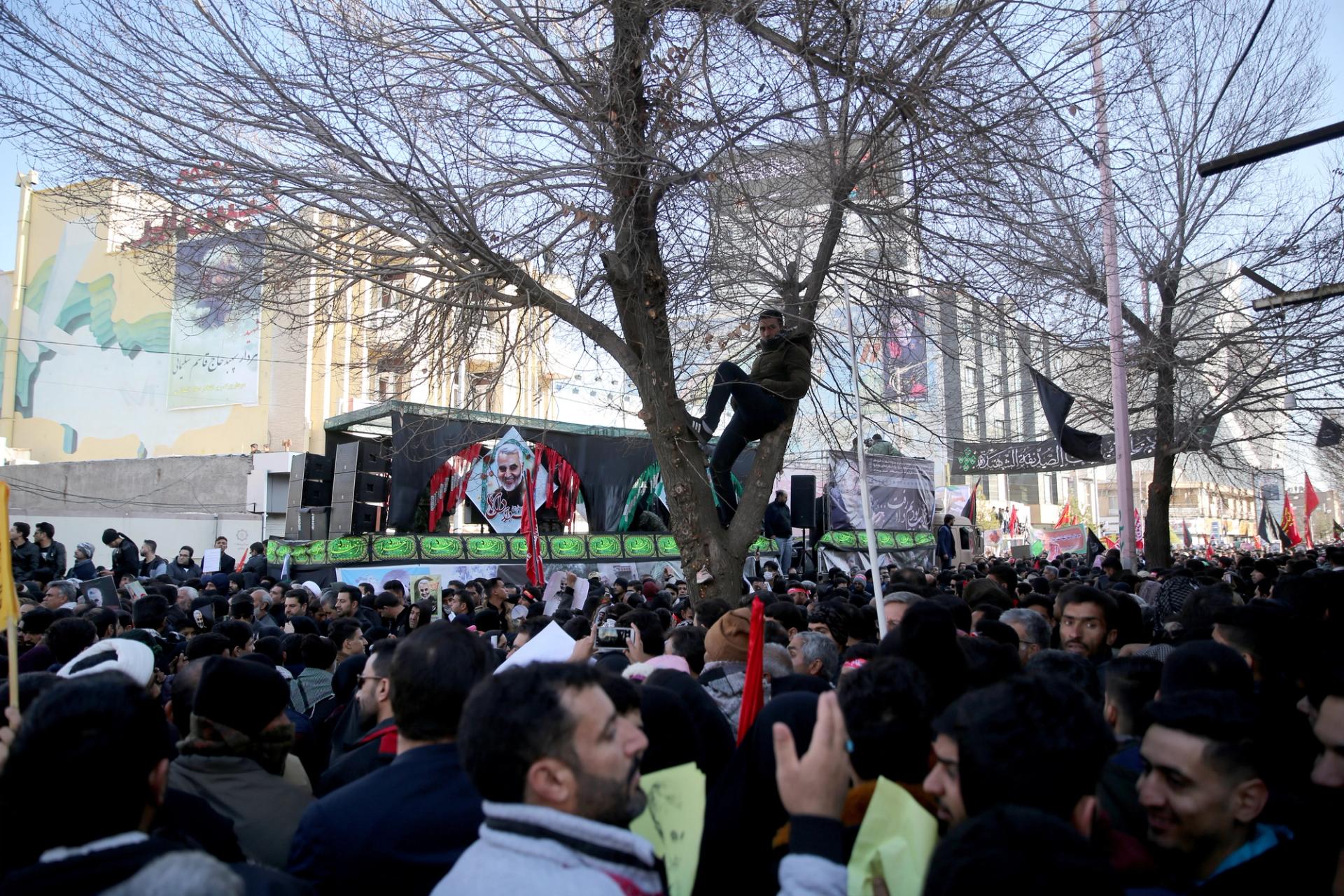The News
Twin explosions at a ceremony honoring the fourth anniversary of the U.S. killing of top Iranian commander Qassem Soleimani killed at least 80 people, Iranian state media reported Wednesday, though early figures cited a higher number of fatalities.
Around 170 others were injured in the bombings. The source of the explosions is so far unclear, but Iranian officials have alleged that the blasts were connected to terrorism, state media reported.
SIGNALS
Analysts believe Israel is ‘eager’ to open a new front of war with Hezbollah, unless the U.S. intervenes
Experts believe that the threat of a wider-scale conflict between Israel and Iran is growing following Israel’s alleged assassination of a top Hamas leader in Beirut Tuesday. The potential for a conflict between the two nations is high, Emile Hokayem, a Middle East security expert at the International Institute for Strategic Studies said Wednesday. That’s because “Israel seems ready and eager to do it and because US diplomacy/deterrence are at risk of losing steam,” he said. Washington’s reservations about opening a new front of war won’t discourage Israel, Middle East scholar H.A. Hellyer wrote on X. Either the U.S. needs to make it clear to Israel that doing so will result in a “material difference” in how it engages with Israel “or risk all out war breaking out,” he wrote.
Terrorist groups take advantage of world’s disinterest in fighting extremism
Some experts have suggested that the Islamic State of Khorasan Province (ISKP) — an Afghan branch of the Islamic State that is a rising threat to international security — could be behind the explosions. A “striking” feature of the bombings is that despite the Iranian government knowing since July that Soleimani’s tomb was a possible target, “the perpetrators (likely #ISIL #ISKP were able to get into Kerman with all the logistics involved without being detected,” Iran analyst Roberto Neccia wrote on X. The ISKP is also suspected to be behind several terror plots in Europe in 2023, Charles Lister, director of the Middle East Institute’s Syria program, wrote. Those plots were ultimately thwarted, but the threat from ISKP and similar groups hasn’t disappeared, Lister noted in Foreign Policy. Jihadist groups are “growing deeper roots than ever before and exploiting the international community’s increasing fatigue and disinterest in confronting violent extremism abroad,” he wrote.

